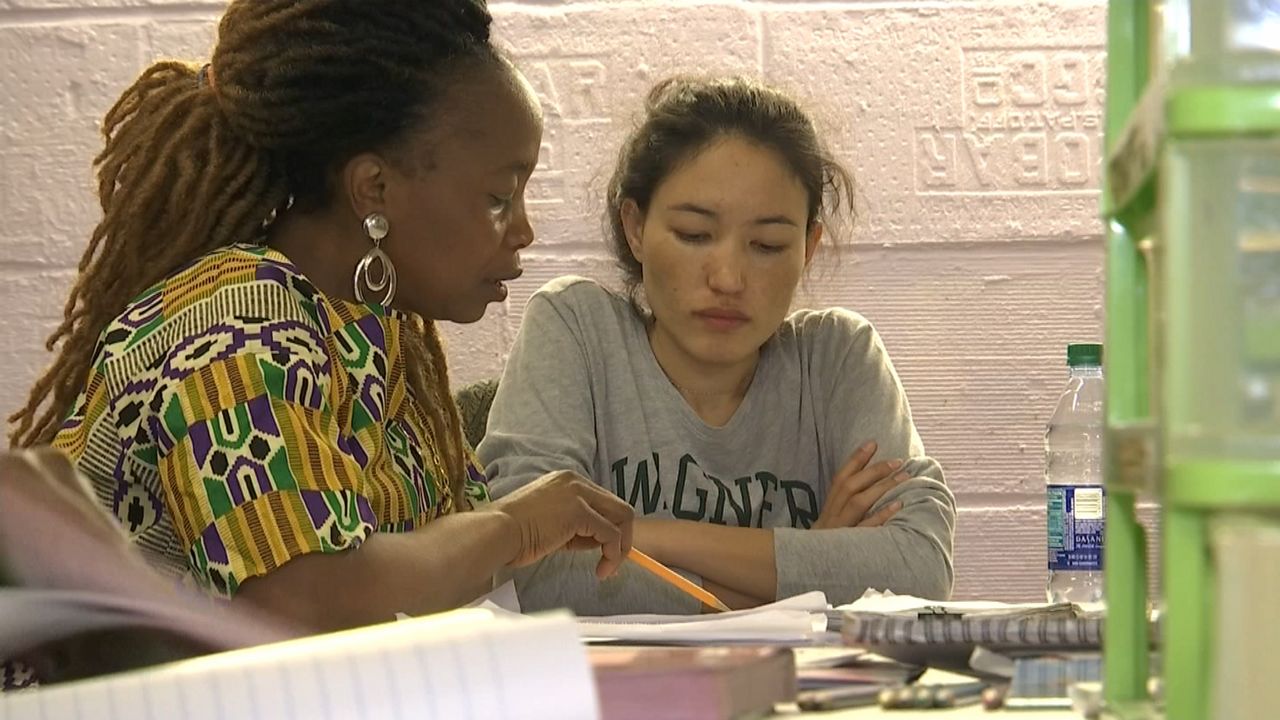LOUISVILLE, Ky. – A new "public charge" rule to determine grounds of inadmissibility, which makes one ineligible for admission to the U.S. or adjustment of status for a green card under the Immigration and Nationality Act was supposed to go into effect October 15. However, three separate U.S. District Courts postponed the Department of Homeland Security implementing and enforcing it until litigation is resolved.
A “public charge” is an individual who relies primarily on government programs to support oneself.
The new rule revised the definition of “public charge” and added more public benefits and factors to be considered when determining grounds of inadmissibility.
The National Immigration Law Center is a non-profit that defends the rights of immigrants with low income. On its website, the organization states the new rule by the Trump Administration changed the definition of “public charge” from someone primarily dependent on the government to a person who is “likely to use” the government programs listed.
Senior Immigration Attorney, Sarah Mills, with Kentucky Refugee Ministries, a non-profit that provides resettlement services to refugees, said the prior process was very objective.
“There was a clear amount of money that you, that your sponsor had to earn to sponsor you, and now it's turned into a very subjective process that is really up to the adjudicator’s discretion, whether they think you're going to be able to support yourself in the United States or not,” Mills said.
Government benefits in the new rule that would be considered in a "public charge" determination include federally funded Medicaid (with certain exclusions), the Supplemental Nutrition Assistance Program (SNAP), and housing assistance programs, such as section 8 and public housing.
If someone uses or is determined to likely use any of those benefits or any cash assistance benefits that were already listed for more than a year in total, over three years, they could be determined inadmissible to the U.S. or denied a green card.
However, Mills says the attention focused on public benefits with the new rule could lead some people to stop using benefits they are legally entitled to.
“I do think it's created a lot of fear in immigrant communities and people are sort of giving up benefits that they really need, and that they're entitled to,” Mills said. “I would not recommend that anyone do that before talking to an attorney, because there are a lot of exceptions to the rule, and if you are legally entitled to benefits, you, in most cases, should keep them.”
Mills recommended low-cost legal advice is provided by Kentucky Refugee Ministries (KRM), the organization she works for, regardless of immigration status and location. Mills said KRM meets with clients from all over Kentucky. Also, she recommended Catholic Charities and the Maxwell Street Legal Clinic.
Other factors will also be considered when making an inadmissibility determination, such as age, health, and education, to name a few. Mills said if this new rule were to go into effect, it would have a huge impact on family immigration.
“So, one particularly negative factor is if you are under age, 18, or over age 61. And so what that means, if I'm a U.S. citizen, and I would like to petition to bring my mother here from Italy, and my mom is 65, her age is going to be used as a particularly negative factor to deem her inadmissible to the United States, simply because she's nearing the end of her working age,” Mills told Spectrum News 1.
It's important to note, the new rule would not apply to humanitarian-based immigration programs, such as refugees, asylees, Special Immigrant Juveniles, certain trafficking victims, victims of qualifying criminal activity, or domestic violence victims, to name a few.
When the new “Public Charge” rule was halted by the courts on October 11, U.S. Citizenship and Immigration Services (USCIS) Acting Director Ken Cuccinelli tweeted, “An objective judiciary will see that this rule lies squarely within long-held existing law.”
The Trump administration could appeal the courts’ injunction, but, for now, the new “public charge” rule is postponed from implementation by DHS and USCIS.



